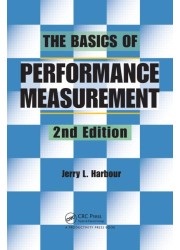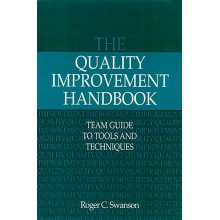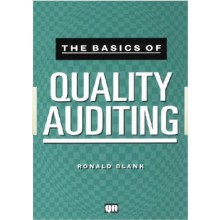The Basics of Performance Measurement, 2nd Edition
ISBN: 9781439802496
Author: Jerry L. Harbour
Dispatch Time: 15 - 30 Days
Quantity:
-
Add to Compare
Summary
You can’t understand, manage, or improve what you don’t measure
While every smart executive now knows the truth of those words, perhaps more so than anyone, it was Jerry Harbour who turned that adage into a science. Originally published in 1997, The Basics of Performance Measurement helped pioneer the science of performance measurement and continues to serve as an industry standard.
Yet, despite the book’s continued relevancy, Harbour is once again stepping ahead of the curve to fully update his little yellow book. In addition to adding the wisdom of lessons learned over the past decade, he adds two new chapters to this second edition. One of these chapters discusses units of measurement. The other introduces ways to better interpret what has been measured and then translate those measurement-related interpretations into actionable knowledge.
Harbour provides a six-step method for developing a performance measurement system. He shows how to design performance measurement families and how to build hierarchies tailored to different levels within an organization. He also covers collection and distribution, as well as the value of performance measure displays. When you finish this book, you will be able to undertake performance measurement with new confidence. You will also come away knowing how to present your findings with an authority that will convince stakeholders of the importance and accuracy of your results.
Table of Contents
Performance Measurement
Types of Performance Measures
A Family of Measures
Performance Measurement Hierarchies
Collection and Distribution
Performance Measure Displays
Putting It All Together
Further Reading
Write a review
Your Name:Your Review: Note: HTML is not translated!
Rating: Bad Good
Enter the code in the box below:
Copyright © 2014 Engineering Standards Bureau. All Rights Reserved.
Developed By Zoom Into Web











